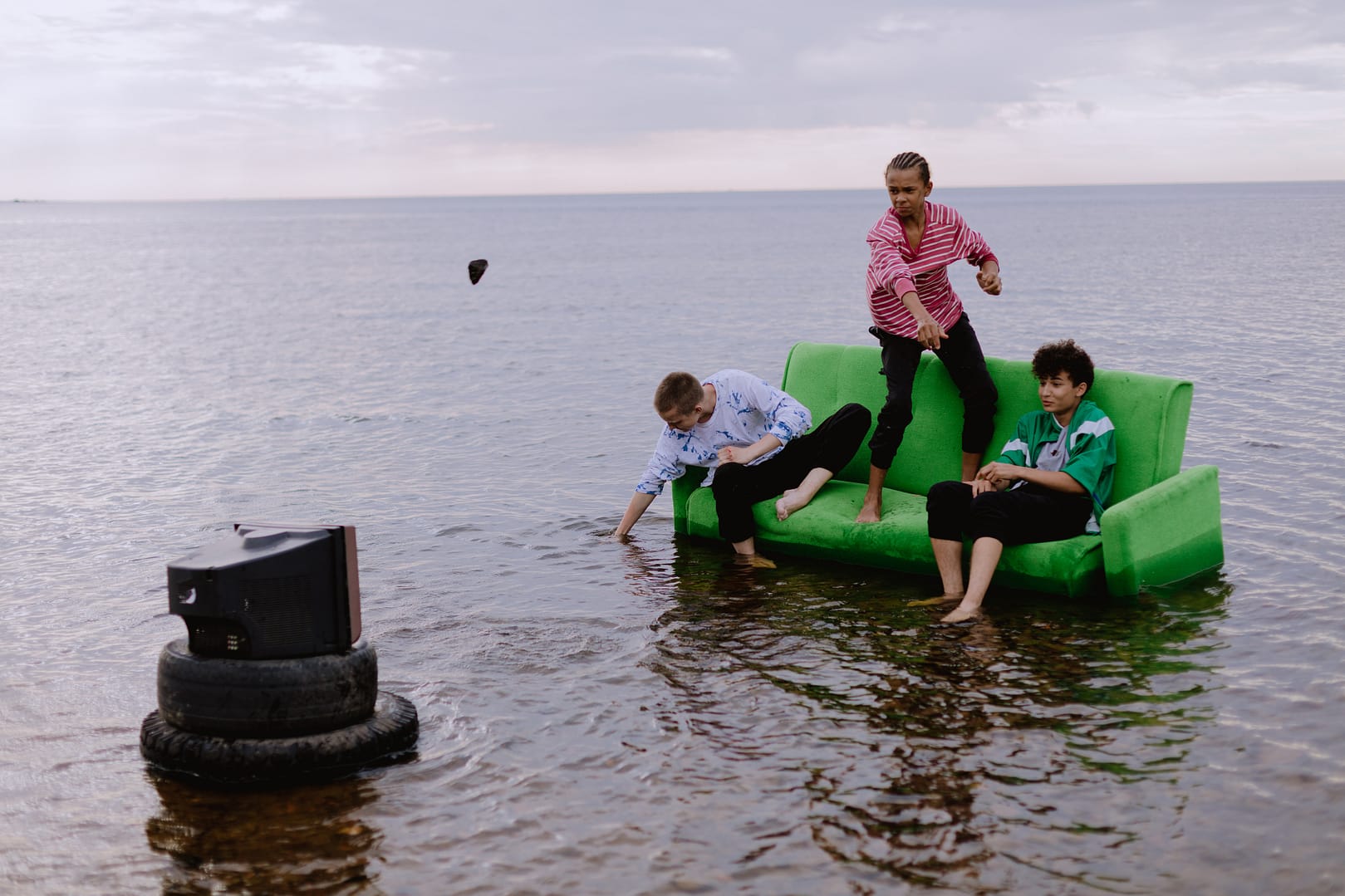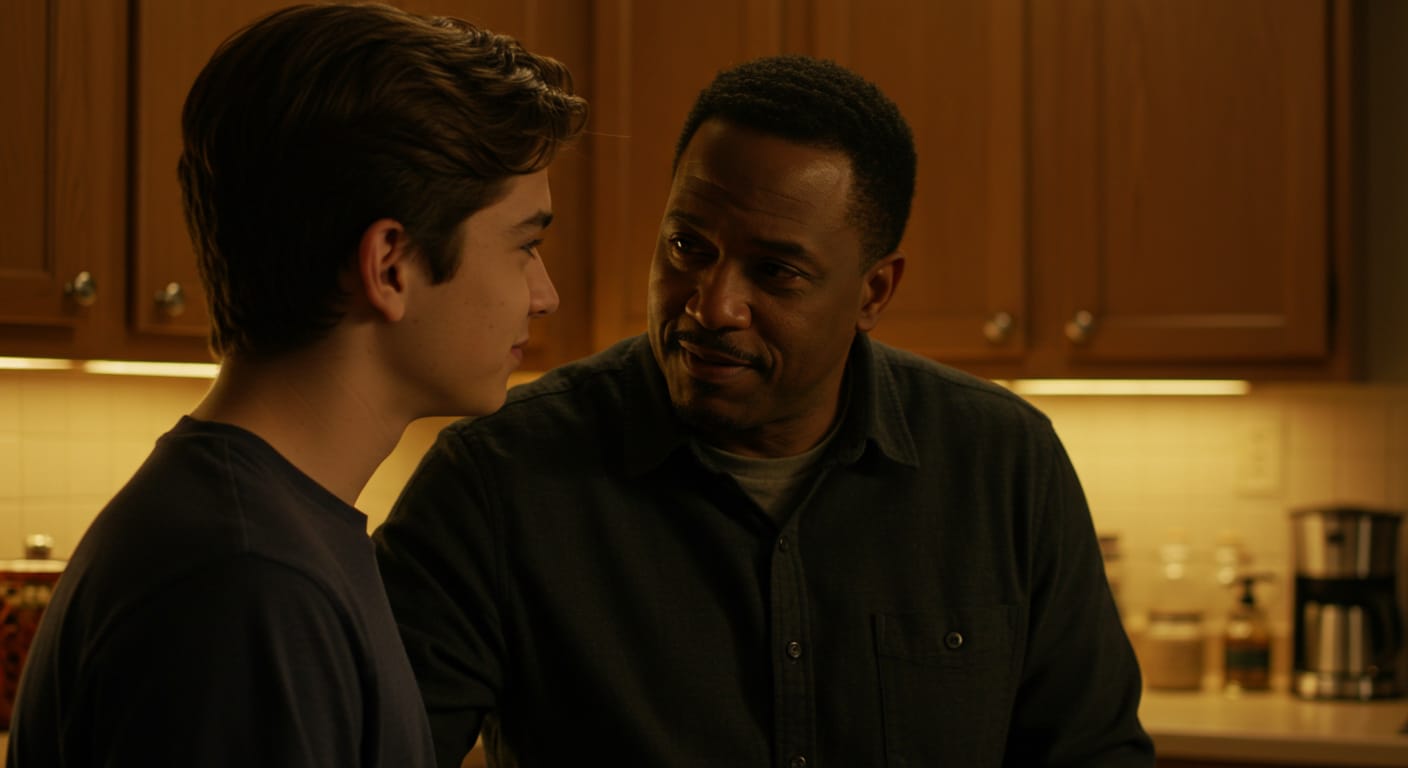Is It Just an Act—or Something Deeper?
Teenagers and the Growing Question: “Are They Faking It?”
“Fake depression is all this is.”
“They’re just acting out.”
“They don’t have anything to be depressed about.”
If you’re a parent, caregiver, or teacher, you’ve likely heard or even thought one of these statements before. It’s understandable—we want to make sense of behavior we don’t fully understand. Depression is complex, especially in teens, and often presents in ways that seem exaggerated, inconsistent, or even attention-seeking.
But here’s the truth: assuming a teen is faking their depression can be dangerous—and deeply harmful.
The Problem With Assuming “It’s All Just Fake”
Sure, many people now know what depression “looks like”:
-
Overeating or not eating at all
-
Sleeping too much
-
Withdrawing socially
-
Losing interest in once-loved activities
-
Struggling to concentrate
When a teen shows these signs but still posts selfies or laughs with friends, it may seem like an act. But mental illness doesn’t always have a consistent face. Many teens mask their pain just to survive socially.
So before dismissing their behavior, consider this:
-
Could they be trying to appear okay on the outside, while suffering deeply inside?
-
Are they afraid to be vulnerable around you or others?
-
Could they be seeking help the only way they know how—through attention?
Even “fake” symptoms can be a real cry for help.
Social Media, Performative Sadness, and the Bigger Picture
You might scroll their feed and see cryptic captions like, “I’m so tired” or “Nobody gets me,” or videos that seem overly dramatic or staged. It’s easy to think, They’re just doing this for likes. Maybe they are.
But even performative sadness stems from somewhere. Teens may not have the words to explain trauma, anxiety, or depression. So they express it in ways that feel safe—even if it looks like a show.
Behind the dramatics could be:
-
Bullying at school
-
Emotional neglect
-
Undiagnosed disorders
-
Peer pressure
-
Trauma they haven’t processed
Child Brain ≠ Adult Brain
It’s important to remember: Teenagers process pain differently than adults.
Their brains are still developing, especially in areas like emotional regulation and impulse control. What seems like irrational, over-the-top behavior to you may feel completely real and terrifying to them.
If they feel misunderstood or unheard, they may act out, withdraw, or turn to risky behaviors.
Risk of mislabeling “fake depression”:
-
Delays in diagnosis
-
Worsened symptoms
-
Suicidal ideation going unnoticed
-
Erosion of parent-child trust
-
Shame that silences them completely
👂🏽 So, What Should You Do Instead?
Here are 5 things to do if you suspect “fake” depression:
-
Believe Them First – Even if your instinct says otherwise, assume it’s real until a mental health professional says otherwise.
-
Don’t Confront—Invite – Instead of accusations like “You’re faking it,” say, “I’ve noticed you’ve seemed different lately. Want to talk about it?”
-
Track Behavior Gently – Are there patterns? Do symptoms show up during school terms, winter months, after breakups or conflicts?
-
Involve a Professional – A therapist or counselor can assess whether the signs point to depression, attention-seeking, trauma, or something else.
-
Check Your Environment – Could something at home be adding to their emotional burden? Stress, neglect, yelling, or even silence?
Fake or Not, It’s Still a Problem Worth Solving
Even if some of your child’s behaviors feel exaggerated, dismissing them outright won’t help. You don’t want to be the adult who ignored the early warning signs. Instead, choose to lean in with empathy, awareness, and the humility to ask for help.
What’s the worst that could happen? You show up, get involved, and the problem wasn’t as serious as you thought. But the best-case scenario? You catch real depression early, and your child gets the help they need before it gets worse.
Final Word for Parents & Guardians:
Believe your child.
Even “fake” depression is telling a story—one that says: “I need help. I don’t know how to ask for it the right way.”
You may not have all the answers, but your willingness to listen—and not judge—could be the first step to saving their life.





